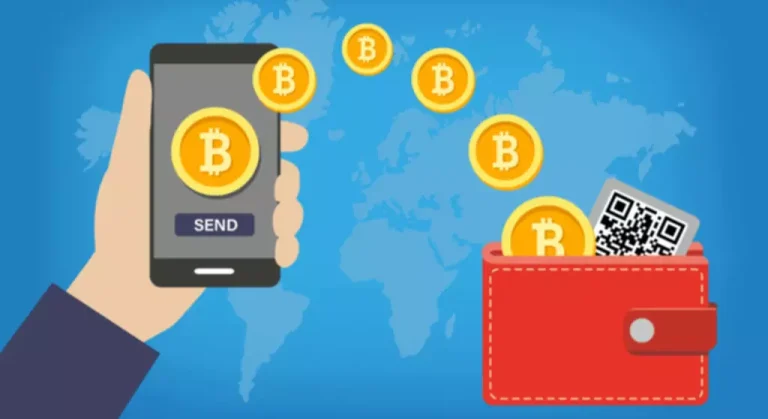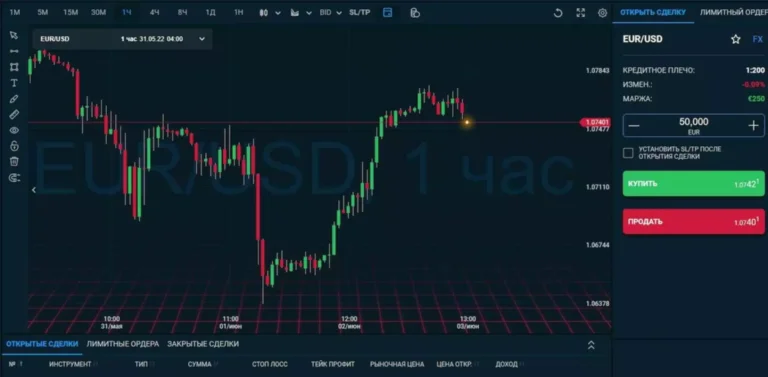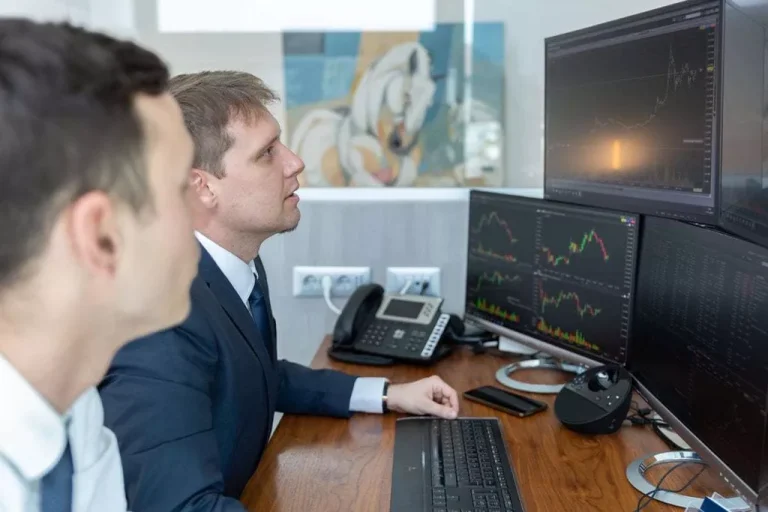Instructional help becomes readily available through brokers that provide clear explanations of advanced cryptocurrency ideas. Protocols like World ID purpose to verify your humanity in a space increasingly flooded with bots and automation. As infrastructure improves, count on to see absolutely autonomous brokers managing liquidity, working DAOs, and coordinating complete sub-economies. Billed as an “AI-driven hedge fund”, Ai16z is a DAO that employs AI brokers to manage funds and funding strategies. Trying down the line, anticipate to see ecosystems purpose-built for on-chain AI. A DAO, or decentralized autonomous group, is a collectively ruled crypto entity the place selections are made by token holders by way of proposals and votes — no CEOs, just code and community.
- They also can deal with most of the customer support tasks to cut your support workers expenditure.
- To add to this expertise, if you use a Ledger Stax or Flex you can simply view all your transactions at a look on your secure touchscreens.
- Modern finance has witnessed a surge in sensible purposes for crypto AI agents, transforming how customers interact with digital assets.
- AI brokers bolster blockchain security by detecting anomalies, identifying fraudulent activities, and monitoring smart contracts for vulnerabilities.
We’re able to deliver your agentic AI thought to life and allow you to leverage the ability of AI in your crypto enterprise. Whereas some platforms have launched auto-trading or copy buying and selling, these still depend upon exterior methods that gained’t align with an investor’s financial targets or danger profile. And for customers who’re new to the space, the thought of trusting completely unknown algorithms can really feel more intimidating than empowering. When it involves integrating AI brokers into your crypto platform, you need a associate who understands the unique challenges you face. We focus on serving to crypto companies and marketplaces stay secure, environment friendly, and scalable.

This allows you to concern each AI agent its own authentication credentials, track their usage, and revoke entry immediately if an agent is compromised or not in use. This guide breaks down everything you should secure AI agents, from authentication and authorization to superior protection tactics. You’ll additionally see how WorkOS delivers the enterprise-grade infrastructure wanted to safely scale AI deployments. This replace signals a commitment to evolving the platform past its present mannequin, powering users with extra management and new interaction strategies. With these modifications, CreatorBid is positioning itself for a vibrant, creator-led summer time.
Use Circumstances Of Crypto Ai Agents
For occasion, AI agents may automate wallet administration, facilitate transactions, and supply real-time market insights, reducing obstacles to entry for non-technical users. These AI brokers can interact with sensible contracts, make automated trades, and even handle Digital asset provide chain management issues with zero human intervention. Artificial intelligence agents are software program programs that use a spread of advanced applied sciences to carry out complicated duties. They can handle every thing from portfolio administration to automated buying and selling and much more. They’re significantly effective at scanning multiple blockchain networks concurrently, serving to you maximize returns across totally different platforms.
In Decentralized Finance (DeFi), or DeFi AI (DeFAI), brokers routinely discover one of the best yield optimization alternatives for staking, lending, or providing https://www.xcritical.com/ liquidity to maximize returns. This beginner’s guide will educate you in regards to the world of Crypto AI Agents, explaining their functionality, use circumstances, benefits, dangers, and how to navigate this thrilling new panorama. There are no sure-fire investments, and any money you set in is at threat of being misplaced. Predictive algorithms are solely so efficient when it comes to unstable markets. The Terra/Luna crash in Could 2022 wiped out $45 billion in worth in under every week.
You can simply buy AI agent cash on Solana by using your Ledger device together with the Ledger Reside app. Simply set up your wallet, create a Solana wallet account, fund it with SOL, and immediately join with a supported decentralized exchange (DEX) like Serum or Raydium. This is a results of merging cutting-edge AI with the power and decentralized nature of blockchains. AI Brokers are redefining creativity—writing articles, generating artwork, enhancing videos, and composing music. In gaming, they help create dynamic non-player characters (NPCs) and enhance interactive experiences, making digital worlds more immersive than ever. From content creation to customer service and even environmental monitoring, these digital powerhouses are everywhere.

Under are two notable platforms that enable users to create AI agents, along with step-by-step instructions on how to construct one. After making a call, AI agents mechanically execute tasks on the blockchain. They might purchase, promote, or create crypto belongings, work together with DeFi protocols, or trigger smart contract capabilities. AI agents are clever, self-operating programs that analyze knowledge, make selections, and adapt to new information without constant human intervention.
The Challenges Confronted By Ai Agents In Crypto
With AI-driven automation, businesses and individual investors are subsequently capable of save time and funds and improve their investment strategies. AI brokers permit for the detection of suspicious actions associated to blockchain transactions and subsequently prevent fraud. AI can analyze abnormal buying and selling patterns and phishing makes an attempt and proscribe judicial avenues of potential safety threats. By creating automated systems for safety, it is largely believed that fraud is diminished, thereby lessening the specter of hacks and monetary loss. Portfolio management tools powered by AI assist investors decide asset allocation.
Core Applied Sciences Behind Crypto Ai Agents
Seize a Ledger hardware wallet right now, and stay one step ahead in the Agentic Age. Create an Ethereum account within your Ledger wallet and transfer some ETH to it. The token is presently in Stage 22 of its presale at $0.01209, with an estimated launch worth of ~$0.1819, providing a projected 2700% ROI. This release moved Unstaked out of the concept section and into product territory. In a market stuffed with AI coins promising future use, Unstaked is showing its architecture live.
They manage diversified portfolios, mechanically rebalancing property based on market movements and risk parameters. There’s a broad range of use cases for AI brokers in crypto tasks of all types. For instance, an AI trading agent could detect a sudden market dip, evaluate it towards an investor’s danger tolerance, and automatically reallocate holdings. This may contain selling risky property and moving funds into stablecoins, for example, all completely mechanically according to predefined terms. For those with out the time to dedicate to monitoring fixed market fluctuations, this opens a world previously unavailable. AI expertise remains to be rising, making it difficult to find people with the required expertise.
These cover everything from checking pockets balances to parsing NFT metadata or tracking token transfers. Your alternative of APIs will rely upon what type of interaction your agent wants — remark, execution, or both. Composing a excessive functioning agent means directing your data, logic, and a focus in direction of that goal.
This technology allows AI brokers to work together by way of textual content, voice, and even ANIMATIONS. Now, developers can use Virtuals Protocol to combine AI agents immediately right into a recreation. Think About fighting an AI-powered boss that might learn from your movements and get gradually more advanced as it learns your AI Agents for Crypto Trading patterns.
These capabilities make AI brokers increasingly indispensable in industries ranging from finance to healthcare and logistics. This information provides clear, beginner-friendly solutions to those questions, breaking down every little thing you want to find out about AI-powered automation in crypto. The potential, however, is plain, heralding the arrival of the B2A (Business-to-Agent) future. Prioritize safety by guaranteeing robust measures like encryption, multi-factor authentication, and regular audits are in place. It Is crucial to consider knowledge privateness questions, similar to “Is OpenAI Safe?” and “Does ChatGPT Save Data?”. Staying informed about the newest developments in AI, crypto, and regulations is essential.
Data accuracy and reliability are crucial, as an agent’s effectiveness is instantly tied to the quality of its data. Algorithmic bias, inherited from the information used for training, can lead to unfair or suboptimal results. Regulatory uncertainty in the evolving legal landscape surrounding AI and crypto additionally presents challenges. Despite their huge potential, Crypto AI Agents include certain risks that have to be acknowledged. Be Taught about use instances, dangers, the way to navigate this rising tech, and build your personal with tools like Chatbase. The coming years will probably see them combine deeper into–and even dominate–the infrastructure.
It permits AI agents to move and communicate in 3D spaces, make on-chain transactions, be taught, make choices, and interact with their environment16. AI brokers can create and destroy tokens according to predefined guidelines or market conditions. This functionality can be utilized for numerous purposes, corresponding to managing token supply, stabilizing costs, or creating dynamic token economies. AI agents can take part in liquidity pools and automated market making, offering liquidity to decentralized exchanges and incomes rewards for his or her contributions. They can dynamically adjust their positions based on market circumstances, ensuring optimal capital allocation and minimizing risks. Pure Language Processing (NLP) fashions will help detect rip-off messages on platforms like Telegram, Discord, and Twitter.























